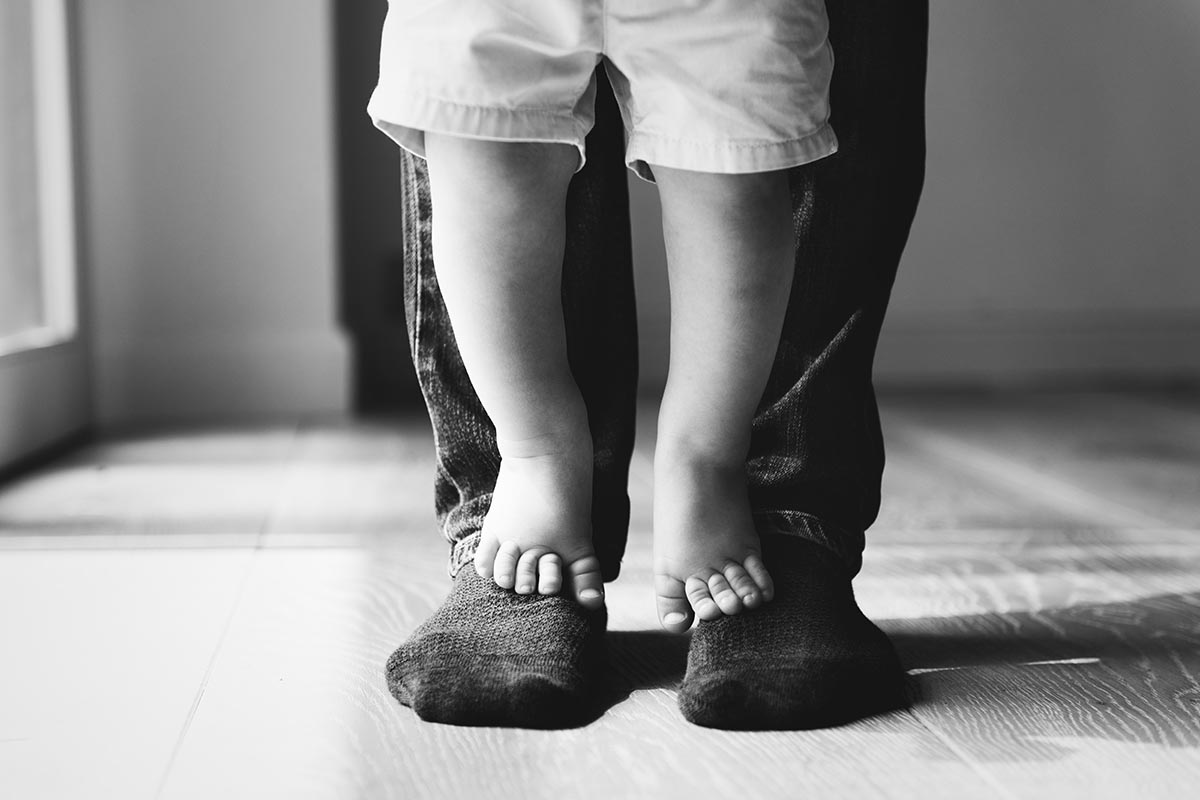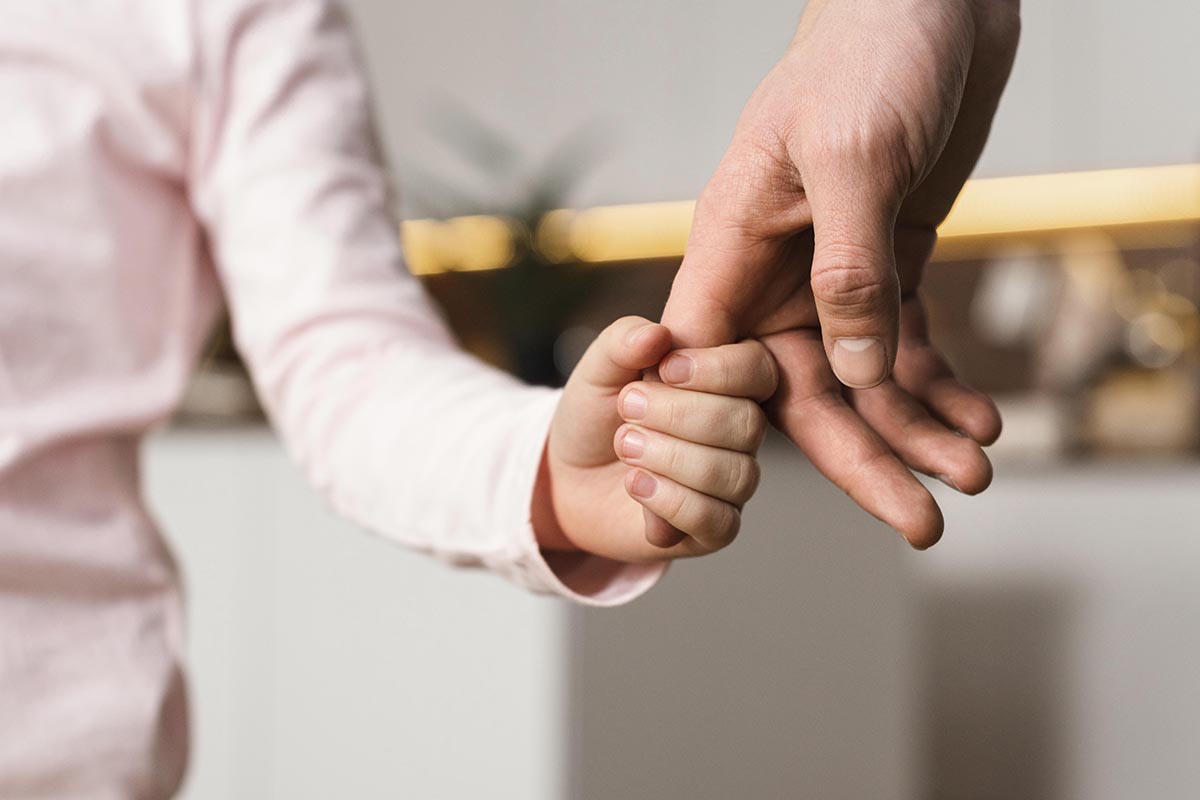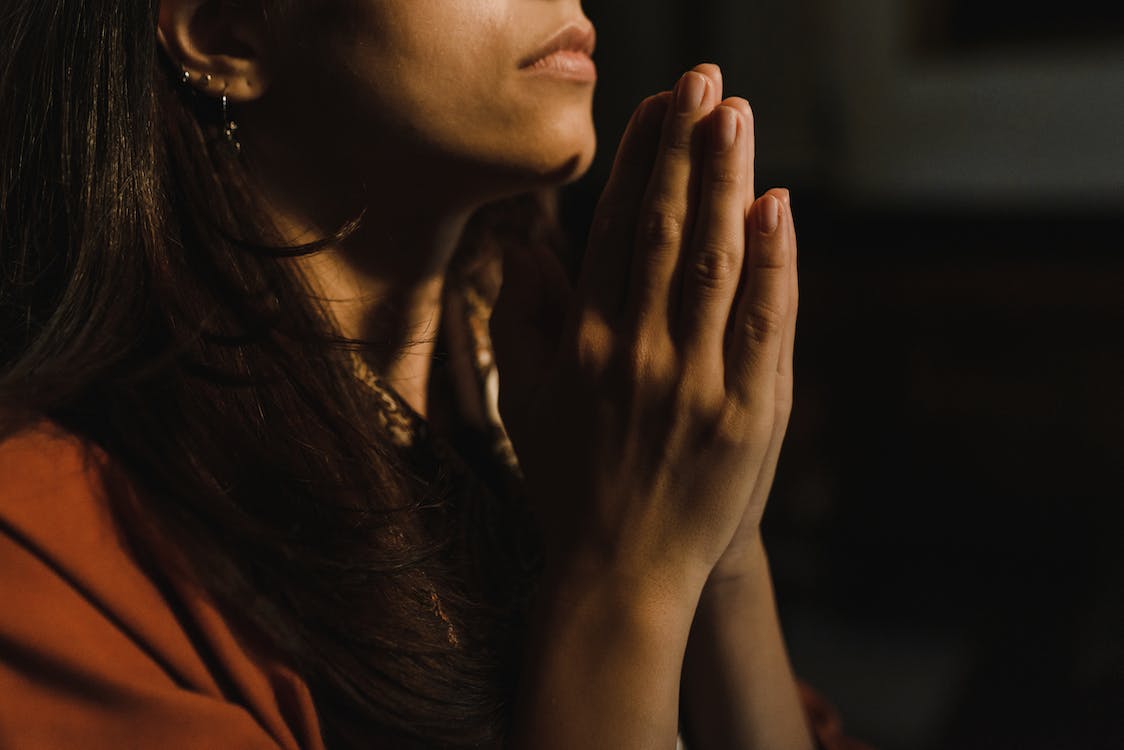Why Fatherhood Will Never Be Equal to Motherhood
Fatherhood and motherhood each have their unique journeys, bringing different benefits and influences to a child through the various stages of their life. Despite the equal importance of mothers and fathers, arguably many social and legal inequalities exist today. In this article, we look more closely at the differences between the two.
The legal status of Fatherhood
The definition of fatherhood varies across communities. Conventionally speaking, fathers take on the provider and protector role. They are usually the ones who are the primary family breadwinners and the ones responsible for imposing rules and discipline on their children.
However, despite the substance of their roles, there are differences between the legal status of fatherhood and motherhood. When it comes to motherhood, there is no question about the biological link between mother and child; however, before the use of DNA testing, this was less so for fathers.
In terms of the law, this has translated into the husband of a mother being presumed as a child’s legal father, regardless of biology. This law element has been the cause of significant debate, with many believing it represents an inequality between motherhood and fatherhood.
The impact on unmarried fathers 
The law on fatherhood status, combined with the rising number of cohabiting couples,, has impacted unmarried fathers. When their child is born, unmarried fathers are not automatically included on the child’s birth certificate. The father’s name can be listed with the consent of the mother, and in most cases, this is what happens.
However, a mother’s consent is optional. In instances where a relationship has broken down, a mother is under no obligation to include the father on the birth certificate, leaving him without legal fatherhood status. If a mother is not willing to add the father on the certificate, an application can be made through the courts when a paternity test will also need to be taken. In English law, this is called a Declaration of Parentage and states a parent’s legal or biological standing.
An identity change for Mothers
The inequality between motherhood and fatherhood can also be viewed less from a legal perspective and more from a difference in parenting roles that society assigns to them. Many support the view that it is not fathers who experience inequality but mothers.
It is often a life-changing event when someone becomes a mum for the first time. Practical changes such as giving up work to look after young ones are one thing, but they can also change the way you feel about yourself and your own identity. Mothers are often first in line to adjust their lives to fit in with their family, putting their own needs second to accommodate others. According to some scientific research, changes in immune function, behavior, physiology, endocrinology, and even brain function alter when someone becomes a mother.
Mothers and the workplace
One of the most well-documented sacrifices a mother makes is her career. A work-based report, Careers After Babies, revealed that only 24% of women return to work as full-time employees after having had children, and most of those left due to the difficulty in managing motherhood and a full-time role. Although it must be said that many fathers are moving away from their traditional roles, many mums find it more instinctive to forgo pre-motherhood nights out for taking children to the park and extracurricular activities.
why fatherhood will never be equal to motherhood: Conclusion
Although society is moving away from traditional parenting roles, many believe there is still a lot of work to do to address the disparity for mothers. While others hold the view that from a legal standpoint, fatherhood will never be equal to motherhood.



















